BHG - Ha Giang Newspaper has gone through 61 years of establishment and development. Implementing the policy of merging the provinces of Ha Giang and Tuyen Quang, Ha Giang Newspaper will merge with Tuyen Quang Newspaper and Radio - Television Station. Before the moment Ha Giang Newspaper published its last issue, I had the opportunity to listen to journalist and writer Nguyen Tran Be, former Head of the Readers - Documents - Library Department of Ha Giang Newspaper, share about his years of working as a journalist when he first joined the editorial office.
Studying Geology but passionate about writing, at the end of 1995, journalist Nguyen Tran Be decided to apply to become a reporter at Ha Giang Newspaper. “At that time, the editorial office was just a simple row of level 4 houses, the office was also the living room. The whole agency only had 2-3 old cameras. I was dark and thin, my luggage was only a few old clothes, the only tools for working were pens and notebooks. It was not until 1997 that I was able to buy a camera for my work,” journalist Tran Be recalled.
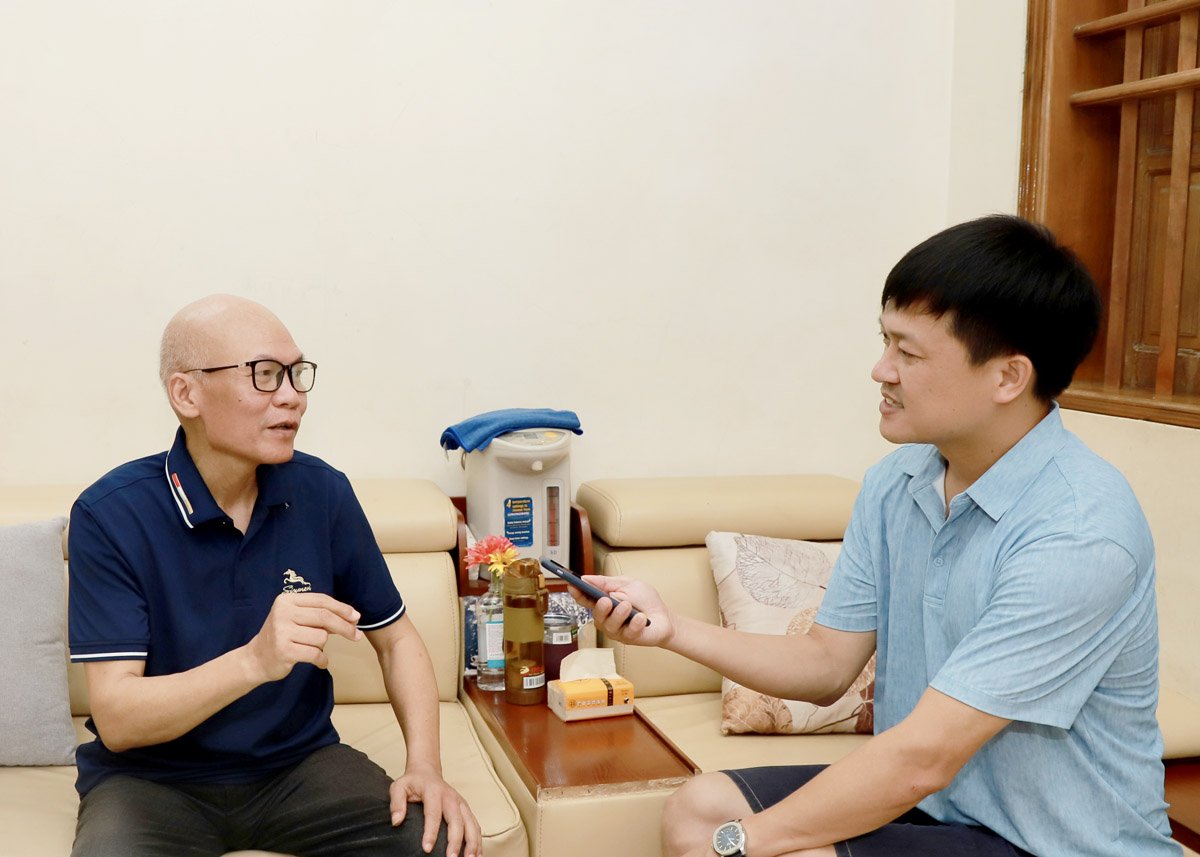 |
| Journalist Nguyen Tran Be (left) talks with the author. |
Ha Giang is one of the provinces with the most difficult socio-economic conditions in the Northern mountainous region; fragmented terrain, large natural area, sparse population... mainly ethnic minorities. In the 90s, the province's infrastructure was very poor, especially traffic infrastructure. Roads to the northern and western districts, or roads to the commune centers were only gravel roads or dirt roads.
Journalist Tran Be said: "The Happiness Road" going through 4 mountainous districts at that time was narrow enough for a car, with a steep cliff on one side and a deep abyss on the other, so every time we went to the base, we had to go there and come back only when we felt secure. Going to the commune was the same, we had to walk almost all the way, there were trips of more than 20km, taking half a day to reach the commune or village center. However, the most difficult thing about the business trips was the lack of water. At that time, there were no "hanging lakes" to store water and no water supply works like today, so the water was not hygienic but we still had to use it for eating and drinking. A cup of water was used to wash our face, brush our teeth, wash our feet or water our vegetables."
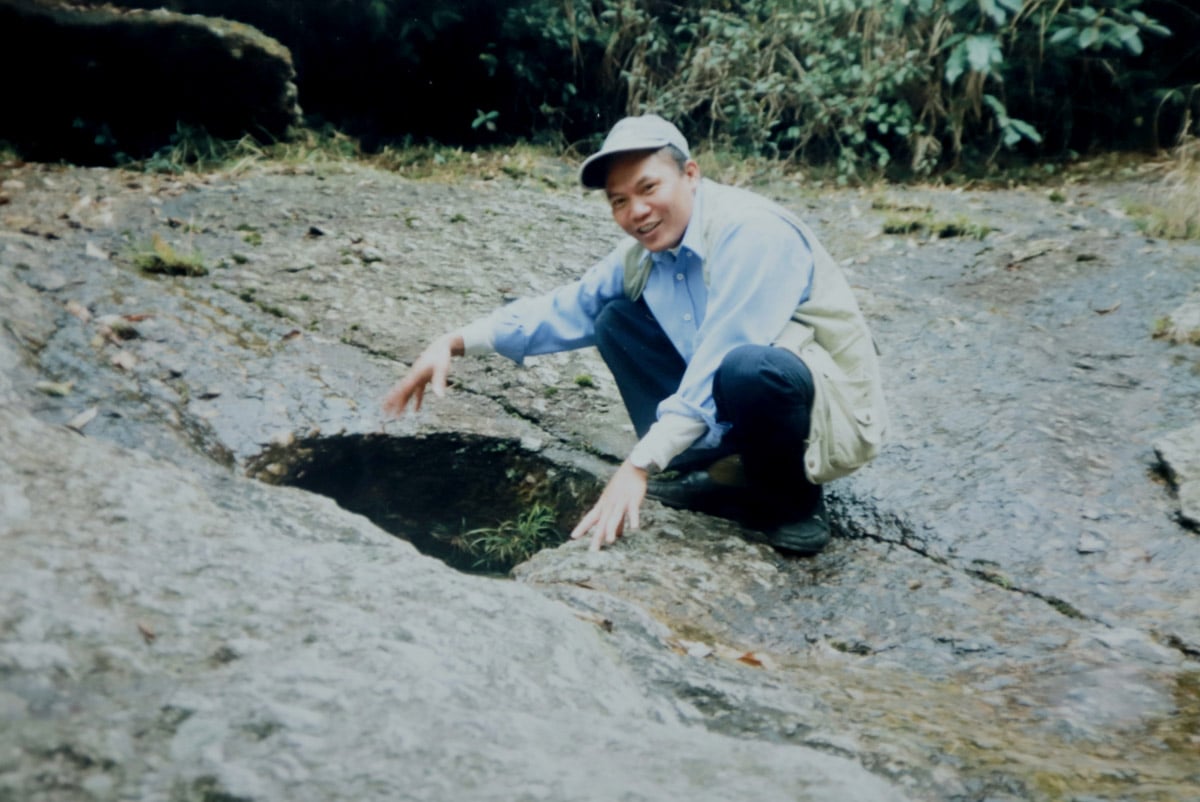 |
| Journalist Nguyen Tran Be during his work on Ta Phin Ho peak, Nam Ty commune (Hoang Su Phi). |
Despite the difficulties, people were very warm and willing to share in all circumstances. Journalist Tran Be said: At that time, the editorial office had only more than 10 staff members, most of whom were from far away places, so everyone lived in a collective. Therefore, they always supported and helped each other, even if there was a package of instant noodles or a bowl of soup, they would invite each other. When going to the base, the district staff arranged a room for them to rest and eat official meals with everyone. When going to the hamlet or commune to meet cadres and teachers, they were willing to give them a ride. When they were hungry or thirsty on the road, the people were willing to share and help them, even if they only had a bowl of men men at home.
In the 90s, traveling took a lot of time, there were no mobile phones, so if you needed to send news or articles to the editorial office to ensure timeliness, reporters had to go to the district post office to hire a fax machine and send them back, but they could not send photos. If they had more time, they would cut out the film (at that time, they used a mechanical camera) and send it along with a handwritten manuscript to an acquaintance who would take the bus or official car to deliver it to the editorial office. The worst thing was that after taking the film photos, you could not preview them like with a digital camera, so you did not know if the photos were good or bad. When they were sent back, it took a lot of editing steps to get them into the newspaper.
Recalling memorable memories of his years as a journalist in the 90s, journalist Tran Be shared: There are many memories, but the most memorable was when I was assigned to monitor the situation of eradicating opium poppies and replacing them with second-crop corn and soybeans in Duong Thuong (Yen Minh), and met the Chairman of the Commune People's Committee named Lu. This comrade was illiterate at that time but had a very good memory, like a "living dictionary" in the locality. When I asked for information from comrade Lu, I wrote it all down and then went down to the hamlet to learn more and verify. When I returned to the commune in the afternoon, I asked the same questions as in the morning, and he answered exactly the same as in the morning.
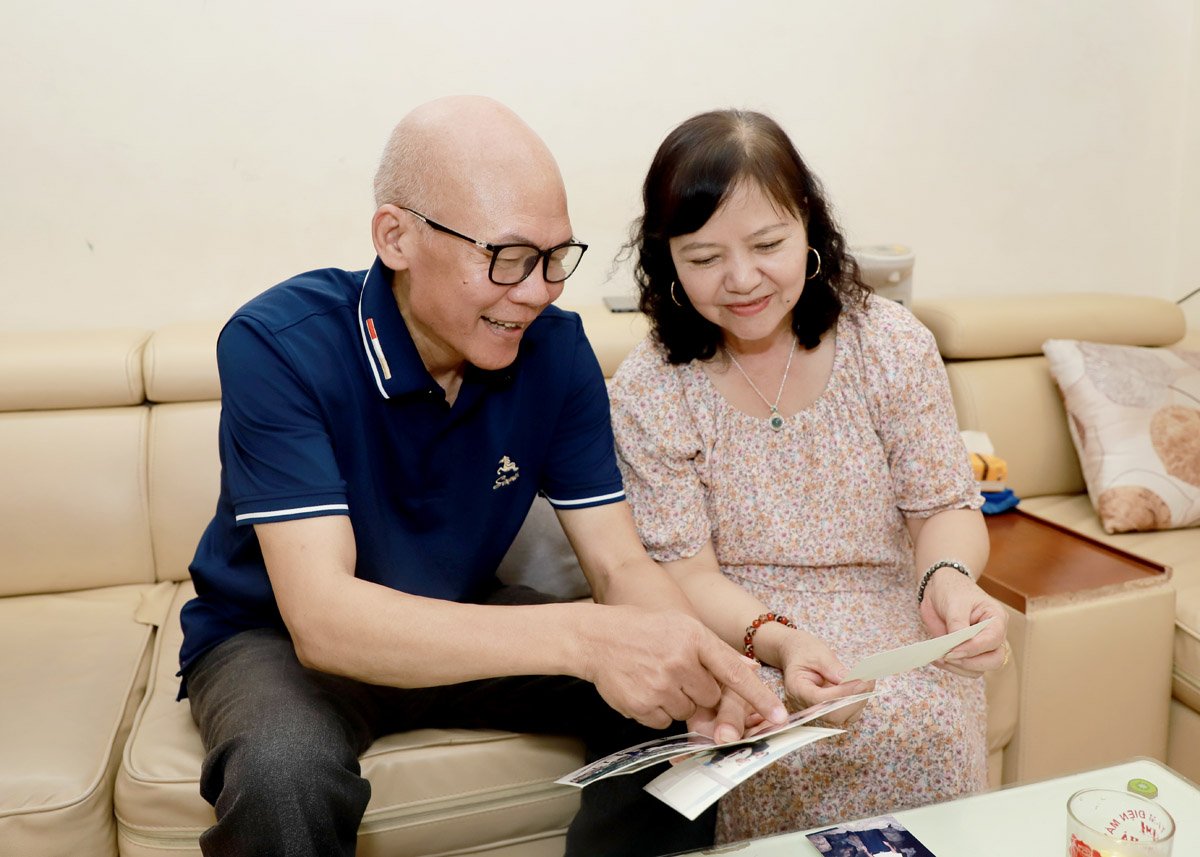 |
| Journalist Nguyen Tran Be and his wife recall their years of journalism through commemorative photos. |
There are memories when I recall that I really love the people in the highlands. One time I went to Lung Chinh commune (Meo Vac) for work, I went to a family and saw that the owner had a cassette player to listen to the radio but the battery was dead, so I gave the family a pair of batteries. At that time, batteries were hard to buy, so the family happily thanked me and slaughtered a chicken to treat them. When I finished working and left, they also gave me another chicken, but I didn't take it. "I had a pair of batteries but exchanged them for 2 chickens. At that time, the people's lives were very poor, so I really loved them"! Journalist Tran Be continued the story.
I and many other young reporters came to work at Ha Giang Newspaper at the time when the province was entering a period of development. Infrastructure was invested in and gradually improved: 100% of districts had national or provincial highways paved or concreted to the standards of grade IV mountainous roads or higher; 100% of communes had asphalt or concrete roads to the center; about 90% of villages had hardened roads to the center; nearly 95% of households had access to the national grid; 100% of communes had 4G mobile network coverage... Therefore, we could not fully understand and feel the difficulties and hardships during the work process in the 90s of the senior journalists in the Editorial Office.
Ha Giang Newspaper is about to enter a new page of history, there will be initial confusion and difficulties. But I believe that the staff, reporters and editors of the editorial office will overcome and overcome. Just need to fully prepare the necessary luggage and continue to be passionate, love the job, dedicate, and brave in all circumstances. The identity and role of Ha Giang journalists will not fade but will integrate and develop further.
Article and photos: Duy Tuan
Source: https://baohagiang.vn/van-hoa/202506/nha-bao-tran-be-voi-nhung-ky-niem-lam-bao-ff435b2/


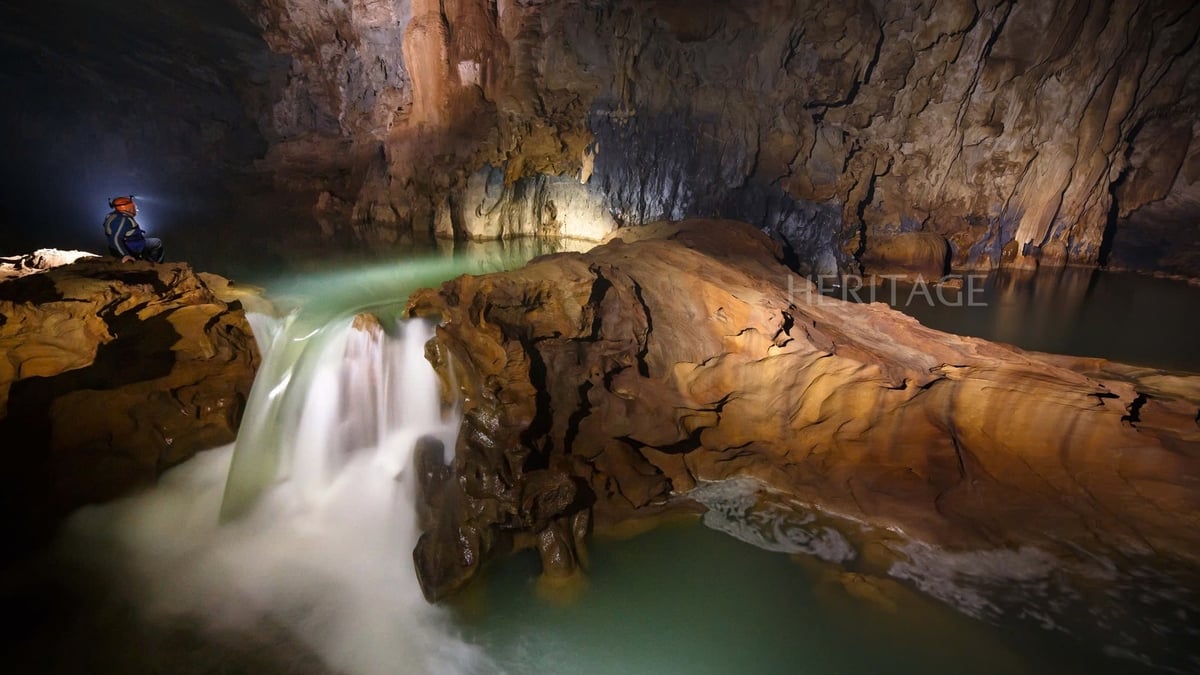
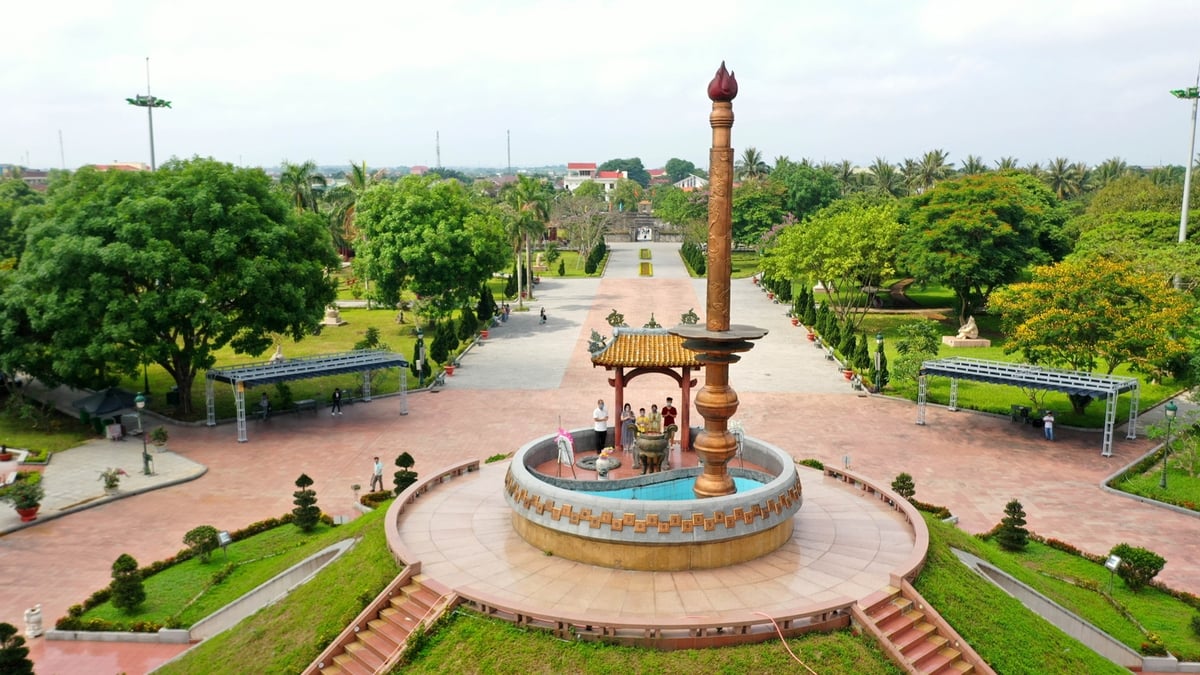



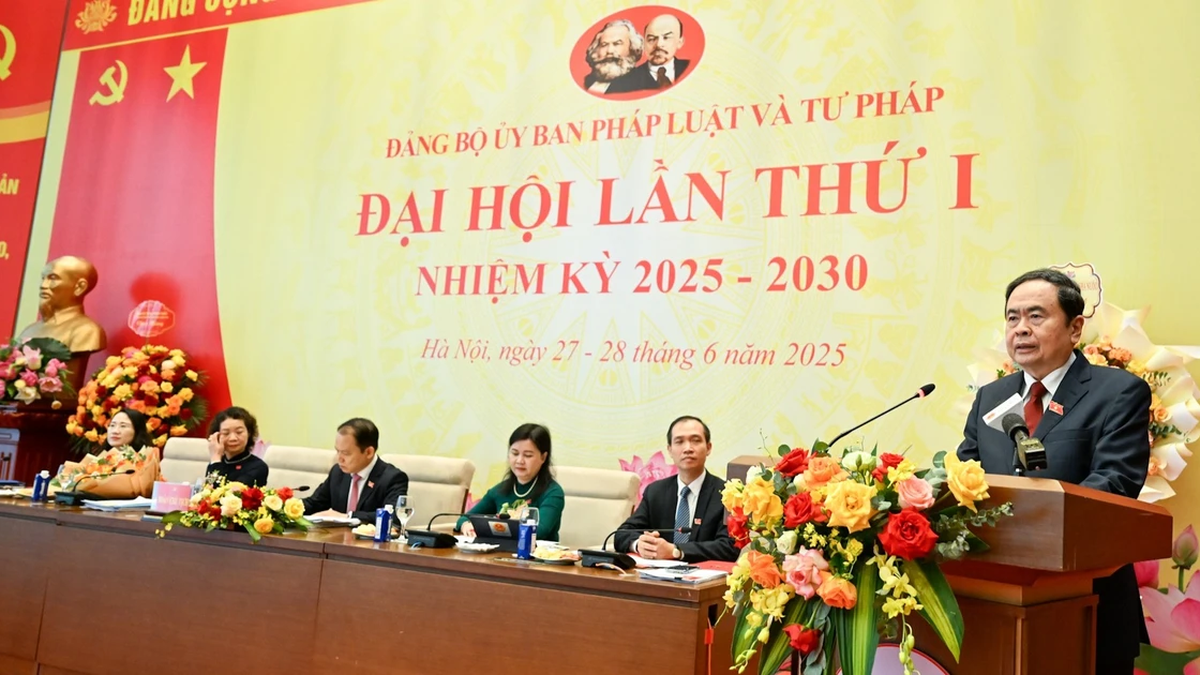
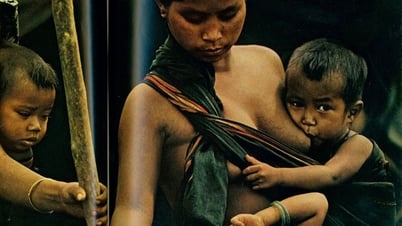

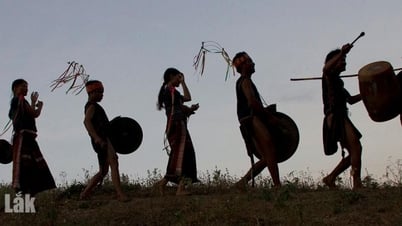
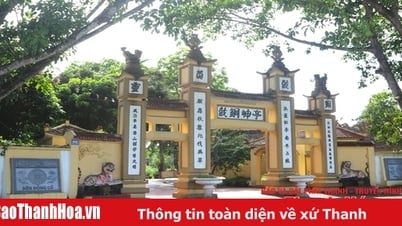

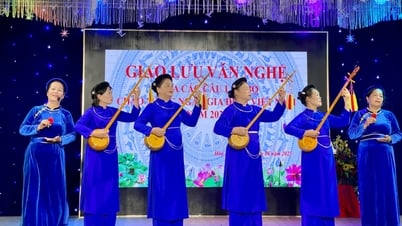



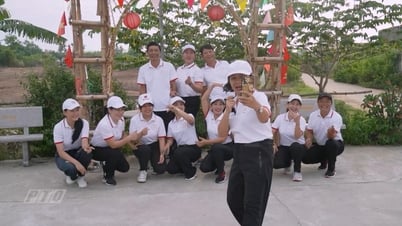





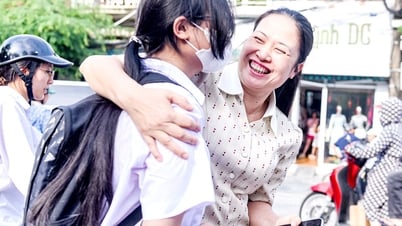
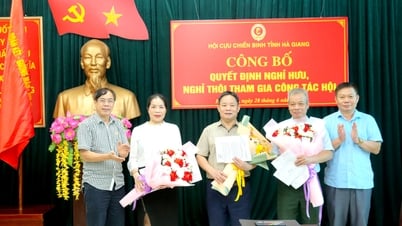
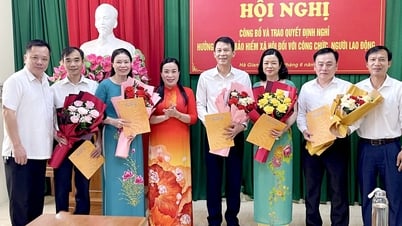
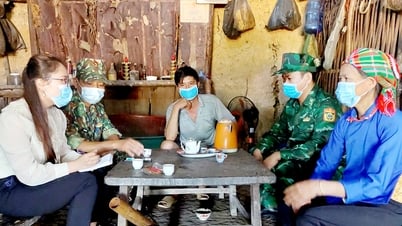
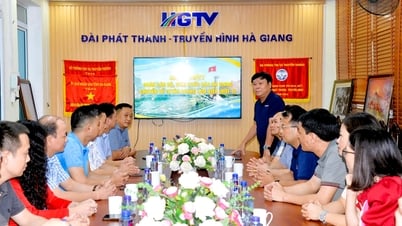
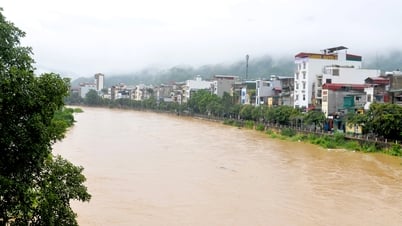

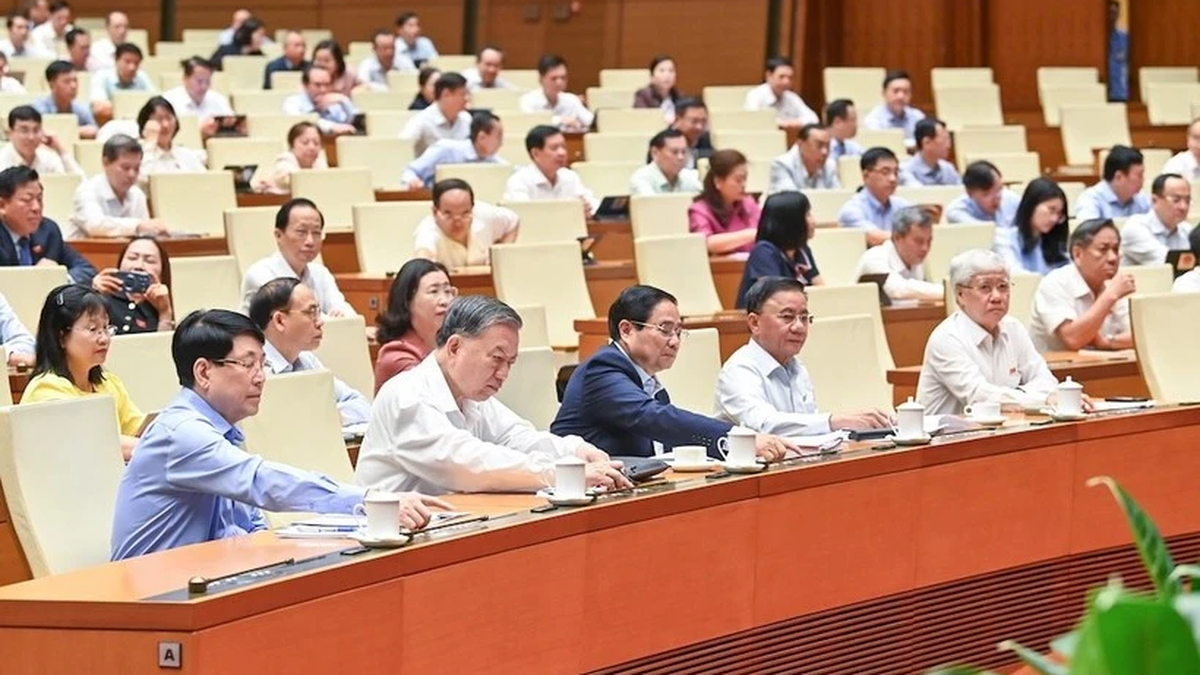
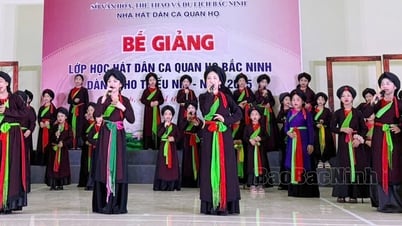

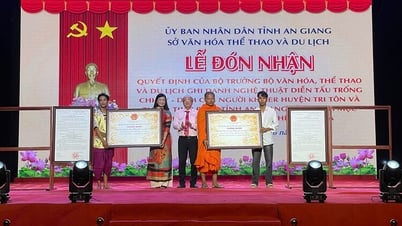

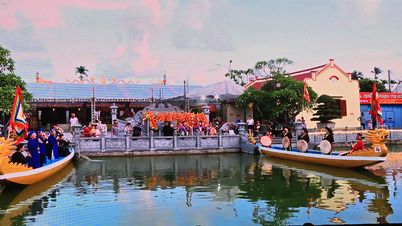

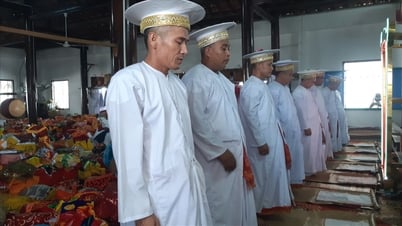

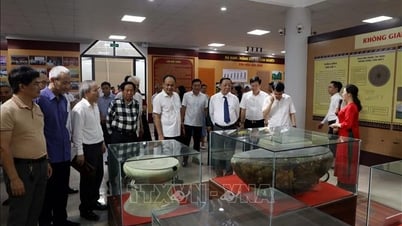

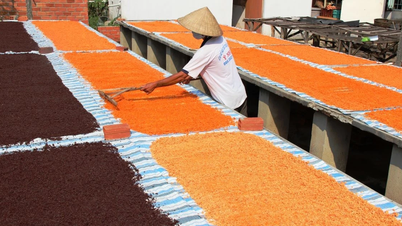

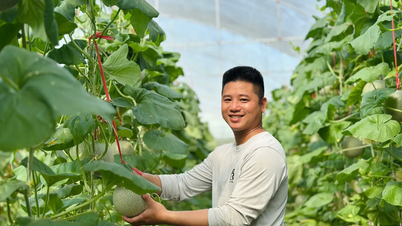

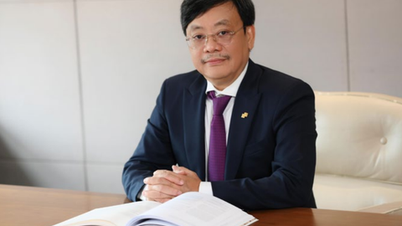

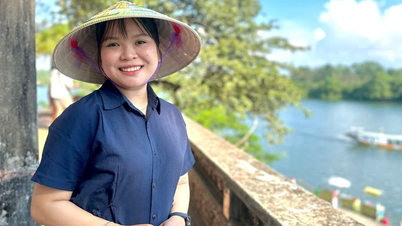



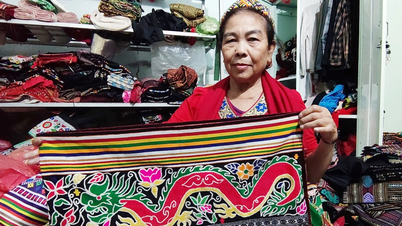



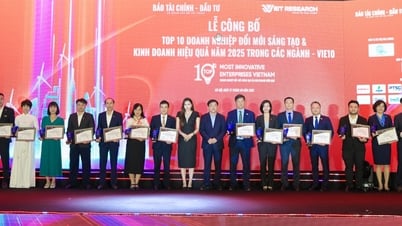

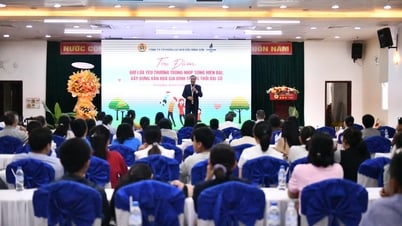





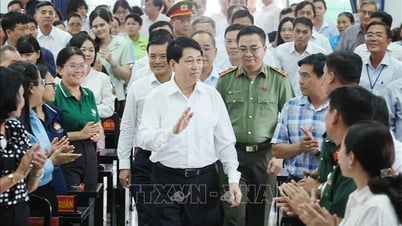
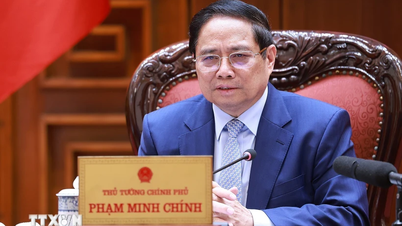


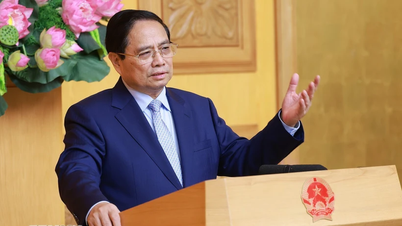
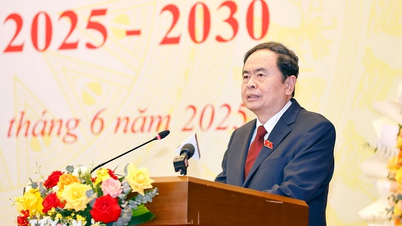
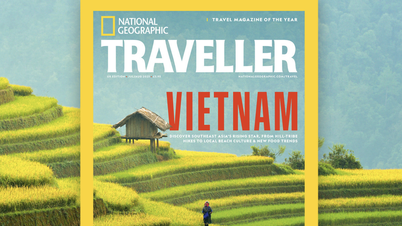


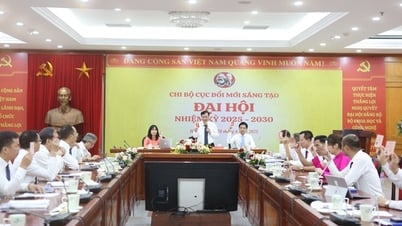
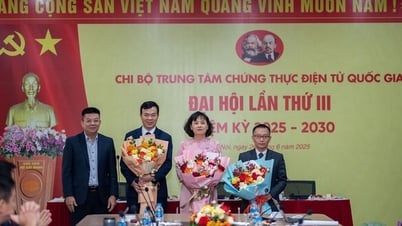
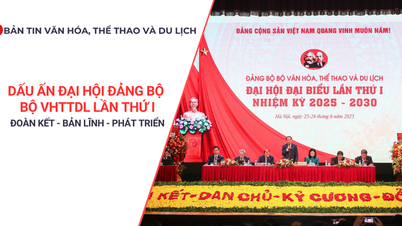

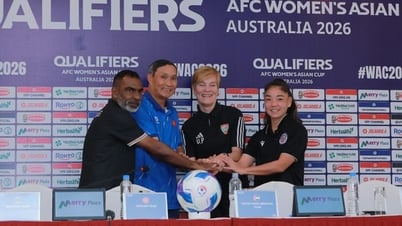
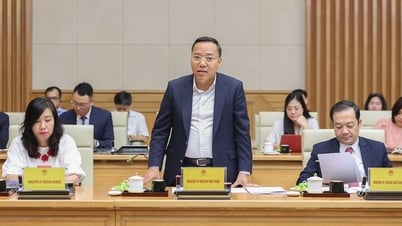

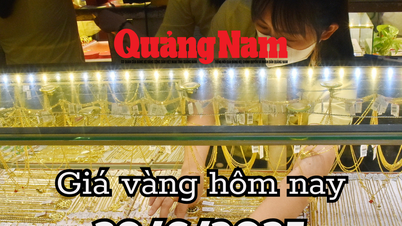

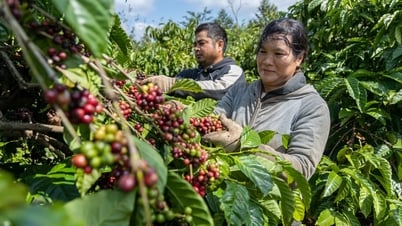

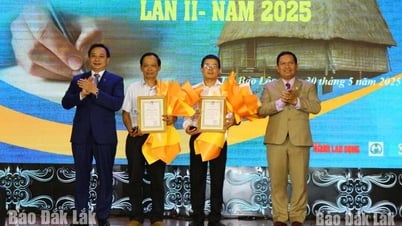
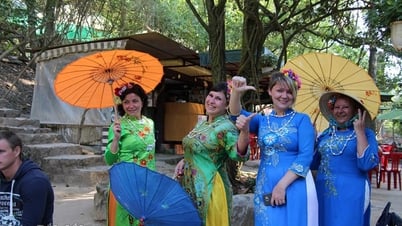











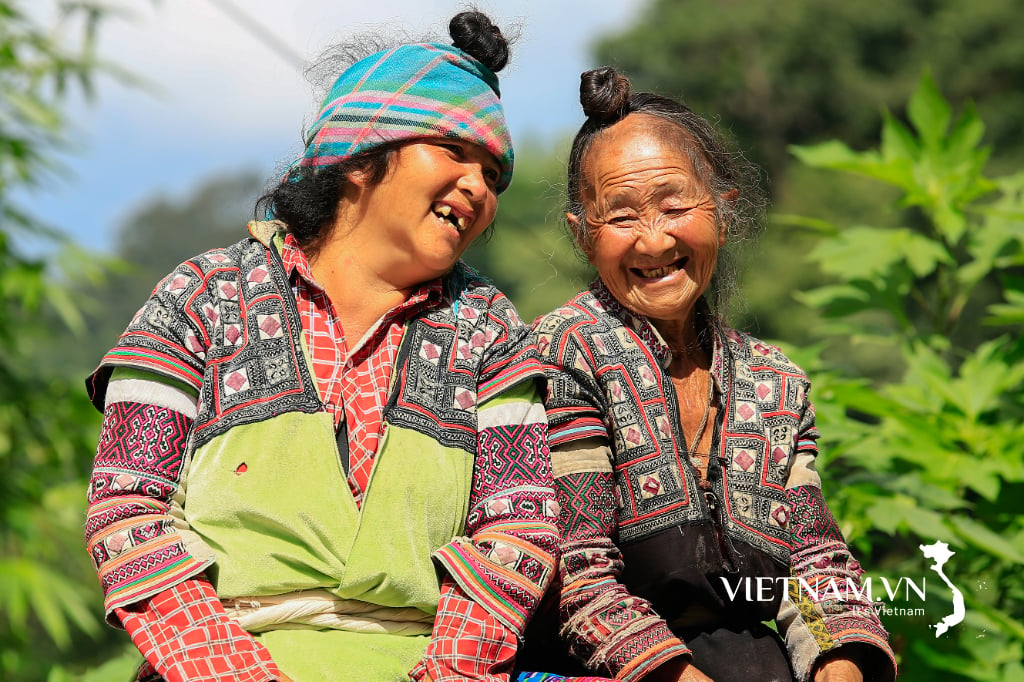
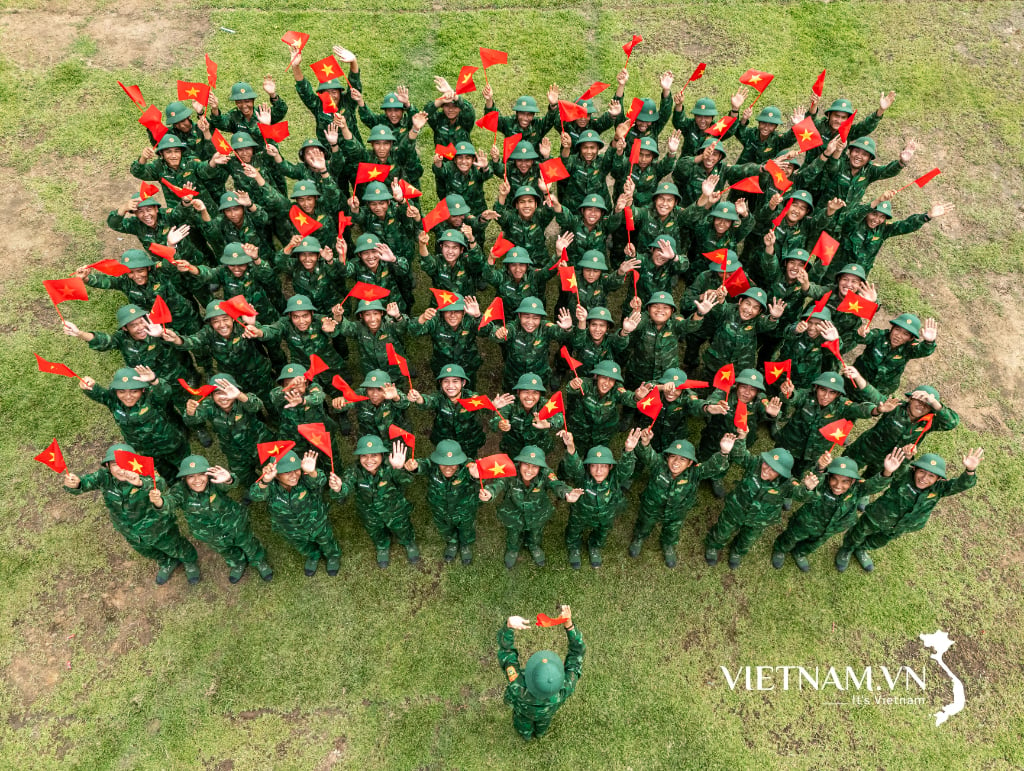
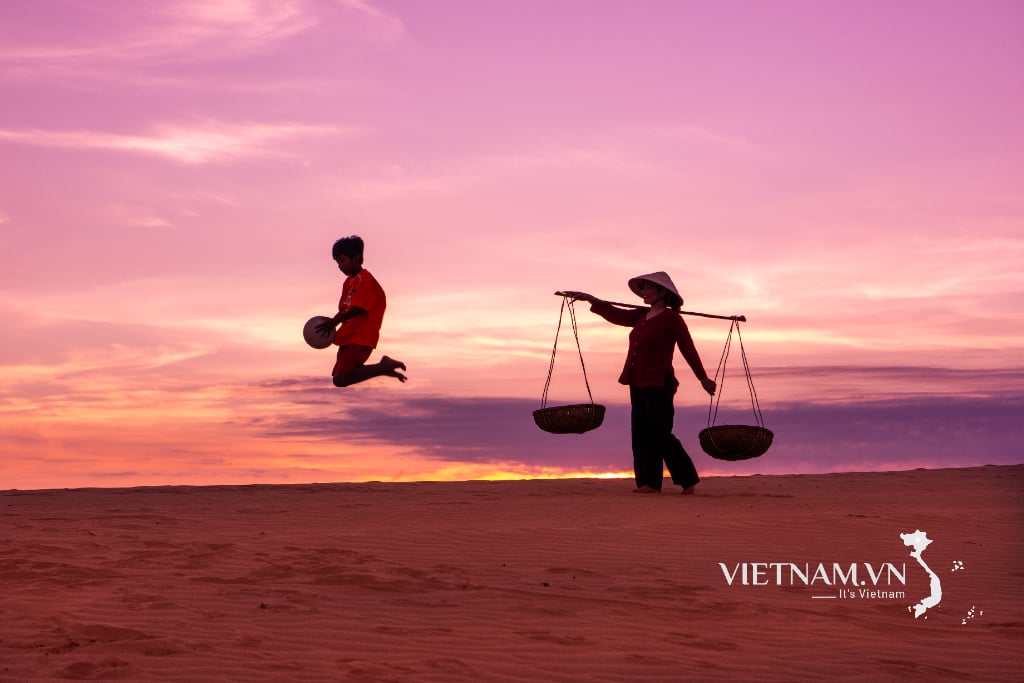

Comment (0)